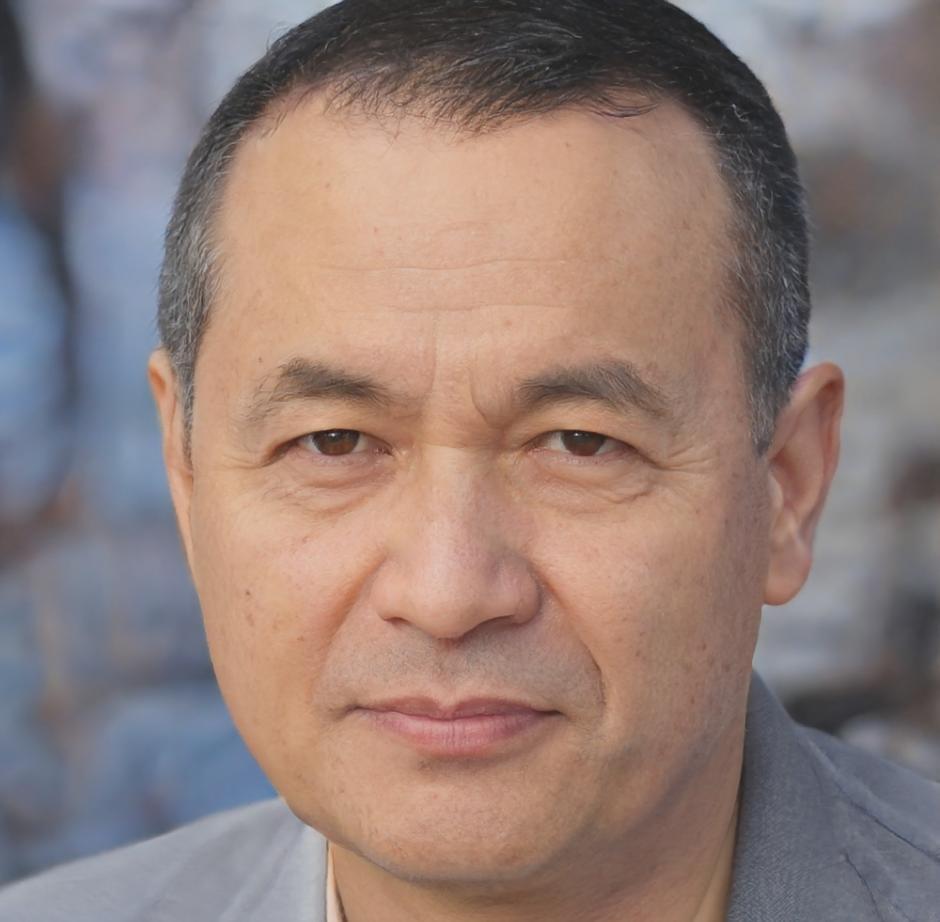We're changing how Australians think about money
Financial literacy shouldn't feel like decoding legal documents
tracenolvia started in 2019 when three financial educators got tired of watching people struggle with basic money concepts. Not because they weren't smart. Because the information out there was either too complicated or too simplistic.
From kitchen table to national program
The early workshops happened in community centers. Maybe twelve people at a time. We'd talk about budgeting without spreadsheets, saving without feeling deprived, and debt without shame.
What surprised us wasn't that people needed this information. It was how relieved they felt when someone finally explained it in plain language. One participant said it felt like someone had turned on a light in a room she'd been stumbling through for years.
By mid-2023, those small workshops had turned into something bigger. We started building structured programs. Real curriculum that respected people's time and intelligence. Content that acknowledged money is emotional, not just mathematical.

Meet the person behind the curriculum

Callum Thorne
Lead Financial EducatorCallum spent eight years in retail banking before realizing he was better at teaching than selling. He left in 2018 to focus on financial education full-time. His background includes mortgage lending, investment advice, and way too many conversations with stressed clients who just needed someone to explain things clearly.
- Behavioral finance and decision-making patterns
- Debt management strategies for real situations
- Budget design that accounts for human psychology
- Financial goal-setting without unrealistic expectations
What guides our approach
Honesty over hype
No promises of overnight wealth. Just honest conversations about what works and what takes time.
Context matters
Financial advice that ignores your actual life isn't advice. We start with your reality.
Progress, not perfection
Small improvements compound. We focus on sustainable changes you can actually maintain.
Accessible language
If someone needs a finance degree to understand us, we've failed. Clarity is our standard.

How we structure learning
Financial literacy isn't one-size-fits-all. Our programs adapt to different learning styles and life situations.
Assessment without judgment
We start by understanding where you are financially. Not to critique your past decisions, but to create a relevant starting point. This means looking at current income, obligations, debt, and goals without the shame that usually comes with money conversations.
Concept building through real scenarios
Theory matters, but it sticks better when connected to situations you recognize. We teach budgeting through actual case studies. Debt reduction through realistic timelines. Investment basics through examples that reflect Australian market conditions and tax implications.
Tools you'll actually use
Complicated spreadsheets gather digital dust. We provide simple frameworks that work on paper or in basic apps. Tracking systems that take minutes, not hours. Planning tools that adapt as life changes.
Ongoing support and adjustment
Learning happens over time. Our programs include check-ins where you can ask questions, share challenges, and adjust strategies. Because what works in month one might need refinement by month four.
Ready to improve your financial confidence?
Our next cohort begins July 2026. Programs run for twelve weeks with flexible scheduling options. If you're tired of feeling confused about money, we'd like to help.
